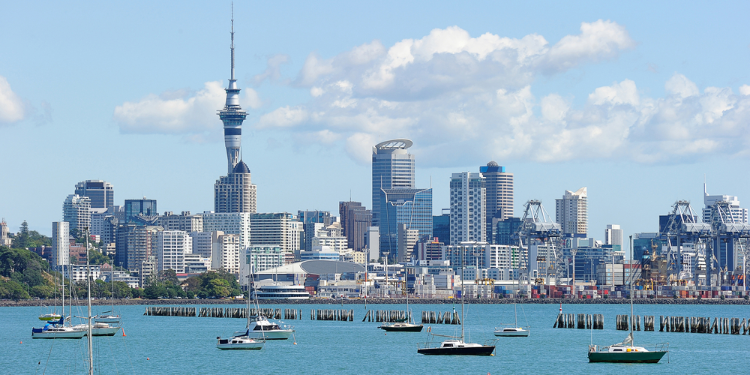
New Zealand comes up with good news for stranded expats amidst the COVID-19 crisis. From October, the country is reopening its border to them under certain conditions according to an announcement made by New Zealand's Immigration Minister, Kris Faafoi. What does this mean?
According to official statistics, some 268,000 foreign nationals departed from New Zealand in the early days of the COVID-19 crisis. While uncertainty prevails regarding the lifting of border restrictions, the government has decided to review its immigration policy. New categories of travellers have been added to the list of profiles that eligible for border exceptions. Initially, New Zealand citizens and permanent residents were prioritised. But today, temporary work visas, as well as spouses and children of New Zealand citizens and foreign residents, can also return, provided that they can prove their long-lasting relationship and they have solid reasons for staying in the country long-term.
Nearly 850 foreign residents expected in New Zealand
To be eligible for the border exception, foreign residents must either have a job in New Zealand or be an active business-owner in the country. They must also have an appropriate visa, that is either a Work to Residence Visa, or an Essential Skills Visa whose conditions have not been affected by the crisis, or an entrepreneur visa. Also, they must not have left New Zealand before December 1, 2019, and have lived in the country for at least two years. Foreign entrepreneurs with an active business in New Zealand, as well as those who have had dependent children for at least 6 months and who are ordinarily residents of New Zealand, and those who have applied for a resident visa before July 31, 2020, and whose visa is not expiring before the end of 2020, must have stayed in the country for at least one year and have applied for a visa extension by August 10, 2020, at the latest. According to local authorities, with this measure, some 850 foreign residents should be able to return to New Zealand over the next few months even though border restrictions remain in place until further notice. Besides, all travellers arriving in New Zealand will be either quarantined or taken to controlled isolation for 14 days. It's worth noting that New Zealand's isolation capacity has been increased to 7,000.
A move to reunite stranded expat couples
Thousands of stranded expats couples can now breathe again. Prior to these amendments, they either needed a relationship-based visa or had to travel to New Zealand with their partner who is either a New Zealand citizen or a foreign or ordinary resident. Today, they can request a border exception, including their children. Australian residents will receive a Critical Purpose Visitor Visa if their request for border exception is accepted and, upon arrival, they will be granted a resident visa. Regarding expats coming from countries that have a Visa Waiver Agreement with New Zealand, they will have to apply for a Critical Purpose Visitor Visa which is valid for 6 months, and a partner visa or any other type of visa if they wish to extend their stay.
Residence visas and renewed temporary visas
With current border closures, some 5,600 resident visa holders were unable to renew their visas in the past few months. Resident visas that have expired since February 2, 2020, have thus been replaced by a new visa which is valid for 12 months. However, holders of these visas will only be allowed into the country if they are exempt from current travel restrictions and have been granted an exemption. So make sure you're eligible for an exemption before making any other arrangements.
Besides, temporary work visas that will expire by the end of 2020 will be ex, as well as their dependents, will be able to stay longer in New Zealand thanks to an extension of an additional 6 months. This applies to some 16,500 foreign workers and their families. Visitor visa holders who are already in the country and whose visas expire by the end of October 2020 will get 5 more months. Regarding RES (Recognized Seasonal Employer scheme) visa holders who are stranded in New Zealand, they are allowed to stay for 6 months more and benefit from flexible working hours and jobs. Also, this will grant them more time to make their return plans.
What about international students in New Zealand?
International students won't be able to move to New Zealand at all this year. Since August 10, 2020, new visa applications, including student visas, are no longer accepted. This includes thousands of applications made before the COVID-19 crisis. According to Immigration New Zealand (INZ), of the 5,182 international students who were stranded abroad as of August 23, 2020, 1,704 have already lost their visa status. The visas of 2 247 other international students will expire by the end of 2020. However, they can still study remotely, and when border restrictions are lifted, they will be able to reapply for a visa if they wish to travel to New Zealand. However, they will have to prove that they have actually studied remotely. Those who choose not to travel to New Zealand can contact their university and INZ for the cancellation of their visa application. Requests for refund will be considered on a case by case basis. On the other hand, the 39,794 international students who are still in New Zealand, of which nearly 15,000 obtained their visas between January and March 2020, have their visa status unchanged.



















